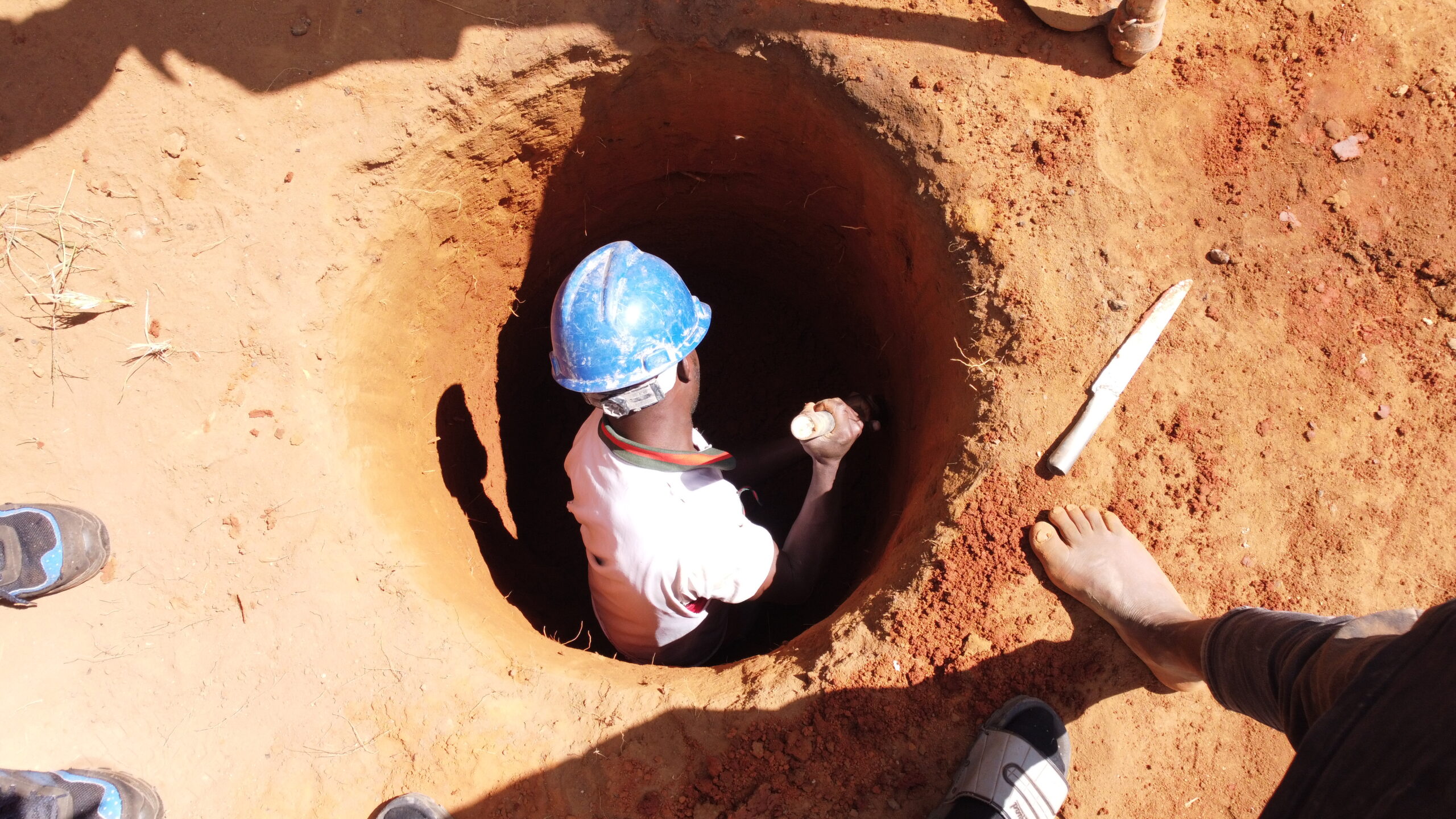Water scarcity is one of the most pressing issues facing Tanzania today. With climate change exacerbating droughts and inconsistent rainfall, many communities across the country are struggling to access reliable water sources. At SMART Centre, we’re on the front lines of this challenge, working to develop and implement solutions that provide lasting relief to water-stressed regions.
Our approach to addressing water scarcity focuses on three key pillars: sustainable technologies, community empowerment, and long-term resilience.
One of the primary ways we’re combating water scarcity is through the promotion of rainwater harvesting systems. These systems allow communities to collect and store rainwater during the rainy season, which can then be used during dry periods. By equipping schools, clinics, and households with these systems, we’ve helped communities like Mkuyuni become more resilient in the face of erratic rainfall patterns.
In addition, we’re working closely with local governments and farmers to implement sustainable irrigation practices. Our focus on drip irrigation systems has enabled farmers in arid regions to make the most of limited water supplies, ensuring that crops can survive even during dry spells. These practices have had a transformative impact on food security, allowing families to grow enough food to sustain themselves throughout the year.
Beyond technology, we believe in empowering communities to take charge of their water resources. Through our training programs, we teach community members how to manage and maintain their water systems, ensuring that they remain functional for years to come. Our focus on capacity building has led to the creation of local water committees, who are responsible for overseeing the operation and maintenance of their water systems.
As we continue to face the challenges posed by water scarcity, SMART Centre remains committed to developing and scaling solutions that ensure all communities have access to safe, reliable water. Together, we can tackle this challenge and create a future where no one is left without access to this most essential resource.



